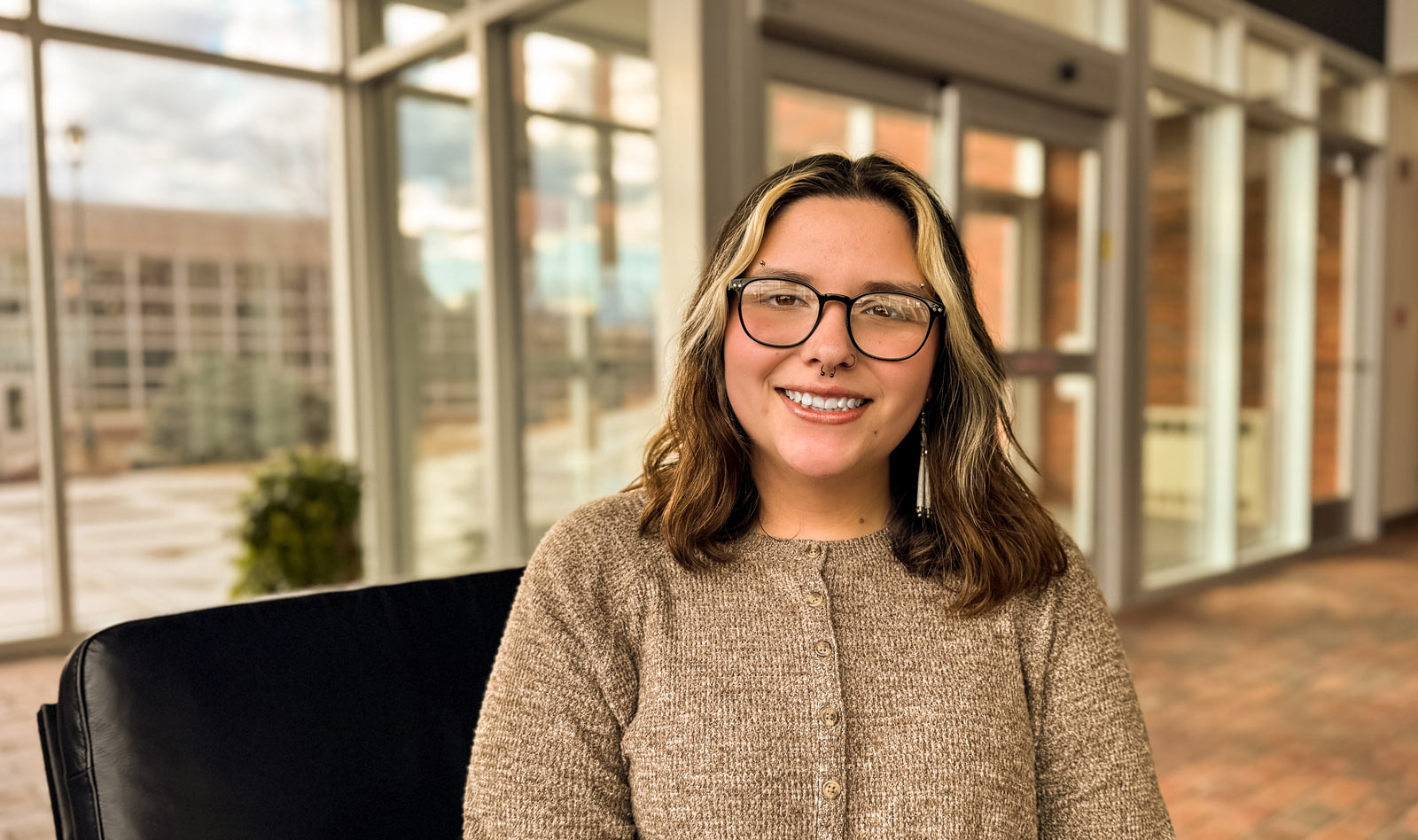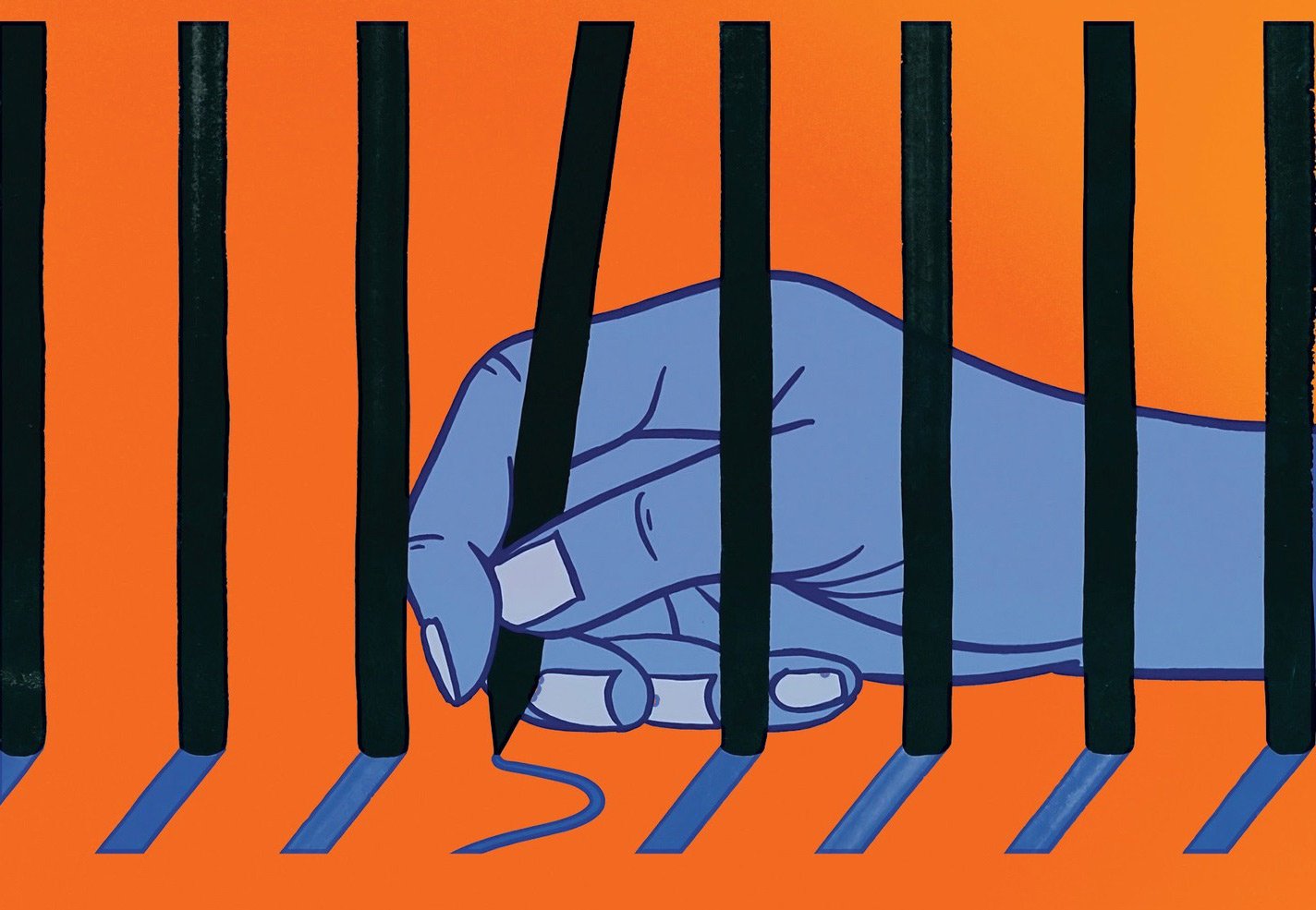Amanda Sieling on State Juvenile Justice Advisory Committee
Published Thursday, February 17, 2022
“It’s been a career-long goal to be a part of the Juvenile Justice Advisory Committee (JJAC). My reappointment for this four-year term is exciting, because I feel like I am making a difference.” said Southwest Minnesota State University Assistant Professor of Justice Administration Amanda Sieling about her recent re-appointment to the state-level group.
The 21-member committee oversees Minnesota’s compliance with the Juvenile Justice and Delinquency Prevention Act (JJDPA). It provides leadership and support in setting a vision for juvenile justice in Minnesota that is informed by evidence-based practices, multi-disciplinary experience, and the diverse communities of Minnesota.
There are various subcommittees within the JJAC. Sieling is on three subcommittees: Ethnic and Racial Disparities; Mental Health; and Policy and Partnership.
Creating and recommending policies for how children are treated in the juvenile justice system is what Sieling looks forward to the most. “Brain development and trauma affect children in a variety of ways. This is the struggle we’re seeing in our society,” she said.
The committee brings together people from many communities of Minnesota — it’s a broad and inclusive group. Students, police officers, principals, county commissioners, and community leaders are just a few types of the individuals making up the JJAC. “It is extremely exciting to be involved in this committee with people from all areas of the justice system, who share an interest in juvenile justice. There are so many different perspectives and ideas that come together during these high-level discussions. It’s quite fascinating to me,” she said.
Sieling is a an advocate for the Restorative Justice Program. The use of “circle-sentencing” is expanding to other counties in Minnesota, she said. Involving the community to help restore justice and repair that relationship between victim and offender is where the program is centered. “Change is almost impossible without changing the environment that the juveniles are involved in. If they are in a community that supports them, they are less likely to commit crime in that community,” she feels.
Being on the Juvenile Justice Advisory Committee allows Sieling to have more meaningful discussions in her classroom. "I get to take my experiences practicing and studying theory deeper than I have before. Then taking that combination and applying it to policy while in the committee allows me to have a better understanding. Now, I can have these discussions with my students as to what the future holds. It’s important for them to formulate an understanding of why these policies exist, and if they are effective.”






